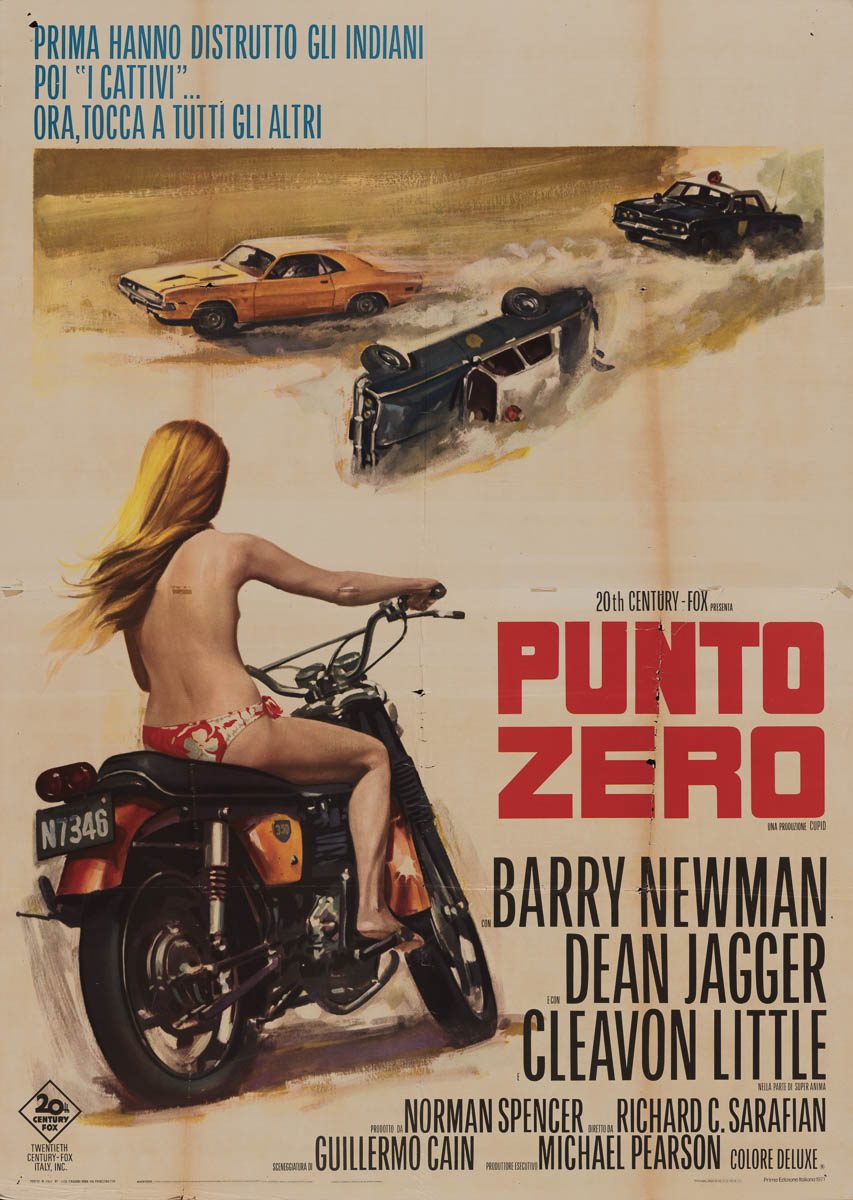
Their efforts were commendable, as not only did they largely achieve this goal, but they also were able to officially preserve nearly 20 of the Bard's plays that had not yet been published on a commercial scale, including popular favourites such as Macbeth, The Tempest, Anthony and Cleopatra, and As You Like It. See also: Shakespeare Sets A New Auction Record According to them, this was at least partially an attempt to replace these often bootlegged and bastardised versions of his work, instead offering them "to your view cured, and perfect of their limbes and all the rest, absolute in their numbers as he conceived them." After his death, Heminge and Condell attempted to compile as many of their friend's plays into a single manuscript (something unusual for the time, though not unprecedented). When Shakespeare died in 1616 at 52, many of his poems and plays were in printed circulation, but these were individual, non-compiled copies, not to mention the many works either pirated from the Bard by publishers or works by other writers that had been misattributed to him.
#Actors folio magazine license
License CC BY-SA 2.0 via Wikimedia Commons Colin Smith, John Heminge and Henry Condell Memorial, City of London. Initially published in 1623, this remarkable collection turns 400 this year, with its cultural importance continuing four centuries later. The Folio, a collection of 36 of Shakespeare's plays, 18 of which had never been officially published before, was instrumental in elevating the playwright to the status he holds today, and is considered one of the most important literary works of all time. And yet, thanks to these two men, friends and actors in Shakespeare's theatre troupe, the single most important collection of the writer's works were collected and published - the First Folio.

Finding someone with even a slight familiarity with them would be an arduous task. While almost everyone you ask would recognise the name of William Shakespeare, the names of John Heminge and Henry Condell are quite the opposite.


 0 kommentar(er)
0 kommentar(er)
